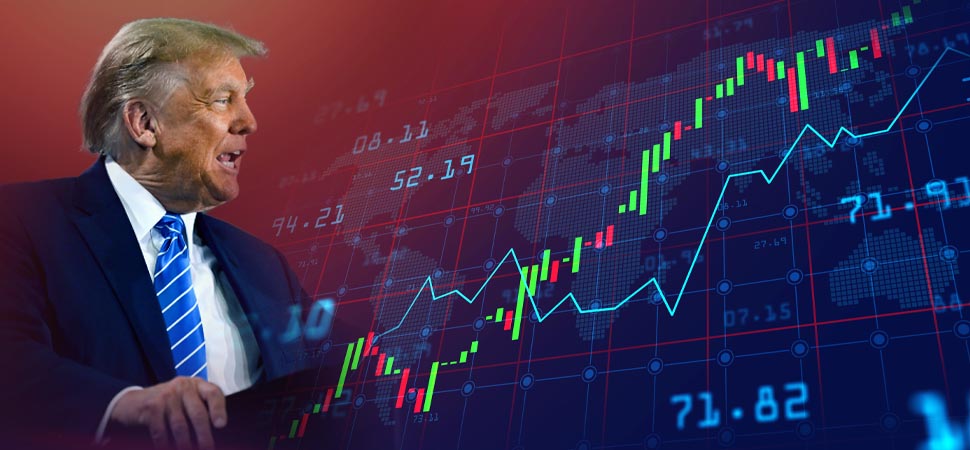18.10.2024
Евгений Лебедев
256

The US presidential election is one of the most important events for global financial markets. The policies of the next president will have a direct impact on the economy, so the outcome of the election could lead to significant changes in equity, bond, currency and commodity markets. From the perspective of investors, stock analysts and economic journalists, this event has the potential to dramatically change the direction of individual sectors and entire markets.
Fiscal policy and regulation
One of the most important factors that could affect the market after the election is the fiscal policy of the new administration. Republicans such as Donald Trump are in favor of tax cuts and repeal, which raises expectations of growth for companies, especially in sectors such as oil, defense, and banking. This became evident in 2016. After Trump's victory, the stock market recovered quickly on expectations of expansionary fiscal policy.
On the other hand, Kamala Harris, the Democratic candidate, supports a more progressive fiscal policy with a greater focus on government spending and is considering raising corporate taxes and taxes on high earners. This could create uncertainty in some areas, such as the financial and energy sectors, but would favor areas such as renewable energy and health care.
Federal Reserve
Monetary policy also plays an important role. The Federal Reserve is an independent organization, but the U.S. president can influence its composition by appointing directors. A president like Trump, who favors low interest rates, can put pressure on the Fed to adopt hawkish policies. This could benefit the stock market in the short term, but in the long term could lead to inflationary pressures, which would have a negative impact. Harris, on the other hand, is likely to favor more moderate monetary policy and inflation control, which could mean less Fed intervention. This could stabilize U.S. Treasury bond yields and reduce volatility in financial markets.

Impact on currency markets
Trump's election victory could lead to significant dollar strength, especially if Trump continues to pursue aggressive fiscal policies aimed at lowering taxes and stimulating economic growth. Measures such as corporate tax cuts and infrastructure spending could increase demand for the dollar and attract international capital, which would have an impact on the currency market, including Forex. However, his tough and hawkish stance on international trade and the imposition of tariffs could put pressure on emerging market currencies, especially those that depend on exports to the US, leading to a weakening of their currencies against the dollar and volatility in the Forex market.
On the other hand, if Harris becomes president and takes a more moderate and balanced approach to fiscal policy, this could lead to a weaker dollar. A more cautious and measured policy aimed at maintaining stability with trading partners and international markets is likely to reduce tensions. This could have a positive impact on the stability of currency markets in general. In this case, we can expect emerging market currencies to strengthen, volatility to decrease and, as a result, major currency pairs such as EUR/USD and USD/JPY to stabilize.
Infrastructure spending and strategic sectors
Some key sectors will be under the favorable influence of the winner. Trump will continue to support traditional sectors such as oil and defense as he did during his first term, favoring fossil fuel and defense companies. Harris, on the other hand, will support renewable energy and electric vehicles in line with the Green New Deal and progressive environmental policies. This will encourage clean energy companies such as Tesla, SolarEdge and SunPower.

Geopolitics and international trade
Foreign policy could also be a game changer. Trump's protectionist policies could lead to trade disputes, especially with China and the European Union. This could lead to volatility in global markets, especially in emerging markets. On the other hand, Harris is likely to advocate cooperative policies and openness to international trade, which could reduce geopolitical risks, stabilize global supply chains, and benefit multinational corporations.
Conclusion
The US election will have a significant impact on financial markets. If Donald Trump wins, the oil, defense and banking sectors are likely to get a boost, while renewable energy, healthcare and clean technology are likely to benefit if Harris wins. Investors will have to adjust their portfolios depending on the outcome of the election, as each scenario carries different opportunities and risks.
